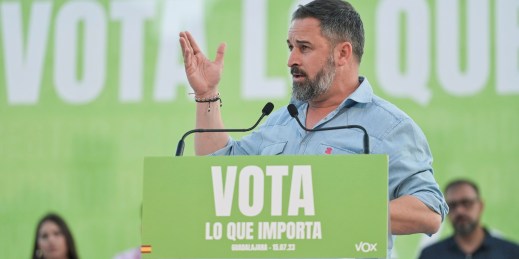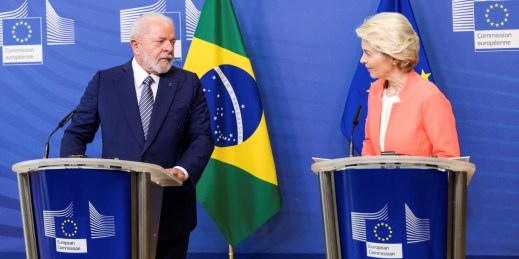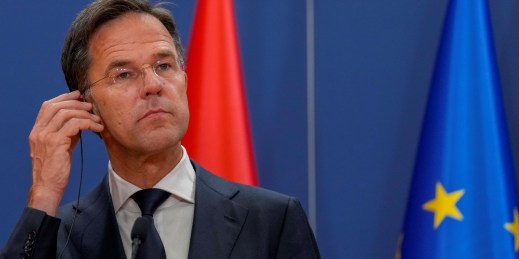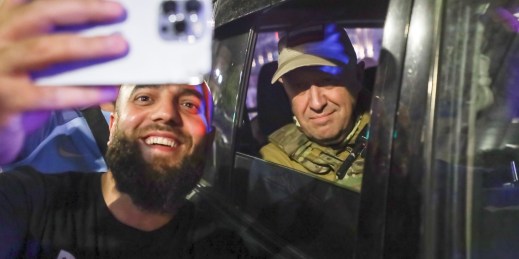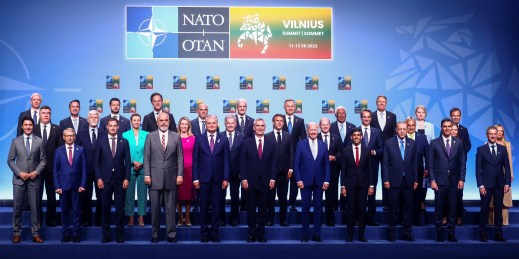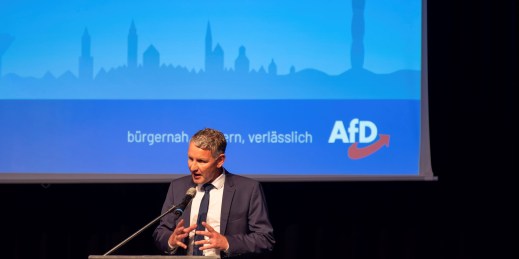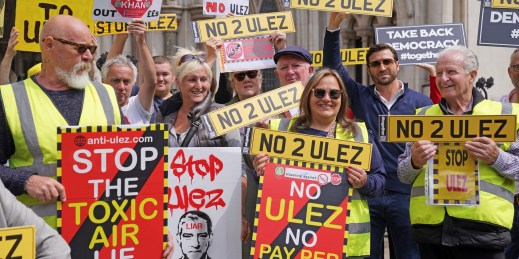
The need for European states to reduce their dependence on fossil fuels has never seemed greater, and opinion polls indicate firm support for the measures needed to do so. Yet growing signs of disquiet among some voters over the tradeoffs needed to make green policies work signals that public support cannot be taken for granted.

